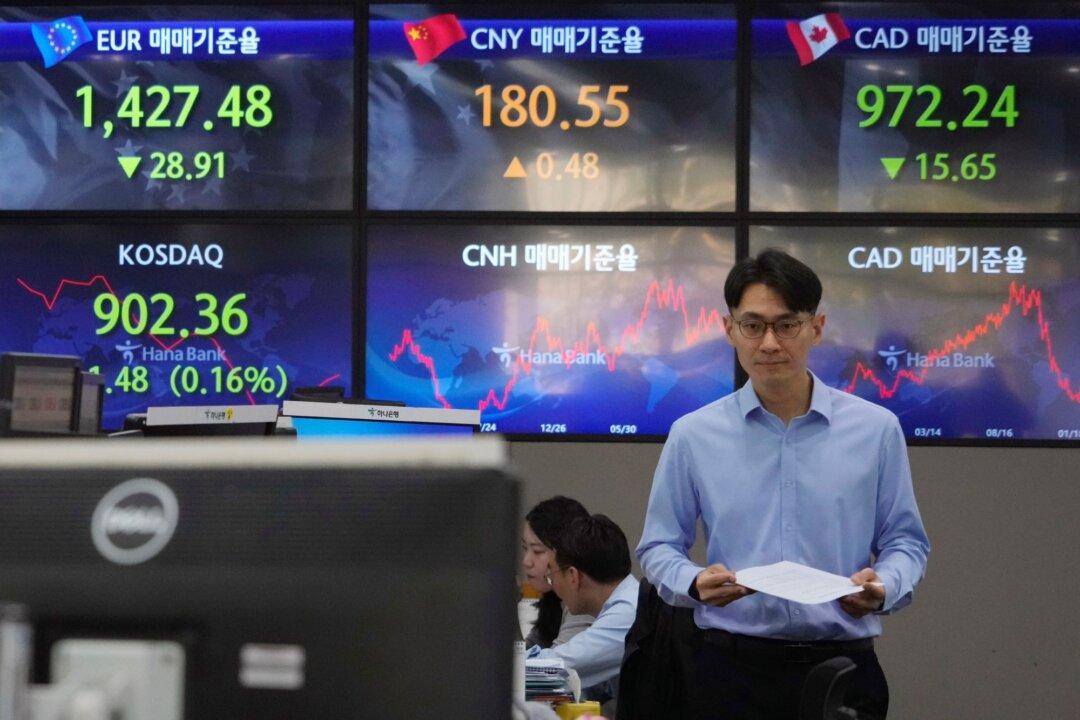TOKYO—Global markets rose moderately Monday, although worries continued about economic growth and inflationary pressures.
France’s CAC 40 rose less than 0.1 percent in early trading to 7,522.58. Germany’s DAX gained 0.2 percent to 15,830.74. Britain’s FTSE 100 added 0.5 percent to 7,911.91. U.S. shares were set to drift higher with Dow futures up less than 0.1 percent at 34,059.00. S&P 500 futures rose 0.1 percent to 4,168.75.





